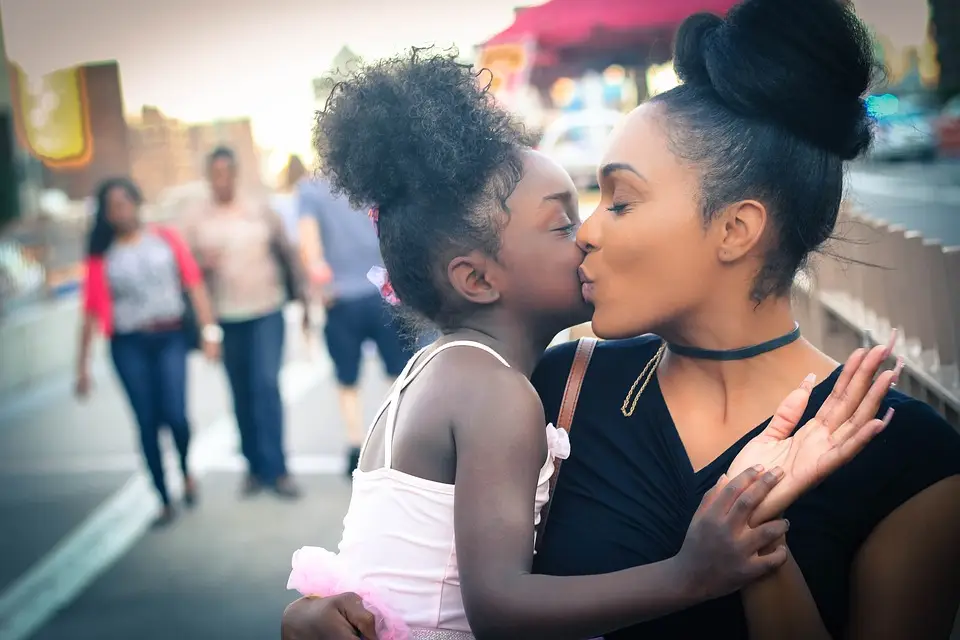Another great blog from Reggie Joiner. I have never in my life met a more strategic person than Reggie Joiner, the founder of Orange. I can never get enough of his content. I love every moment I have spent with him. He inspires me like crazy. By the way, if you haven’t signed up for the Orange Conference this year, it’s always a sell out and it’s always inspirational beyond words. Hope to see you there. theorangeconference.com
Catch Them Doing It Right
Several years ago, our team was asked to design a program to help public schools teach kids character. One of the tools we provided was a “Value-able” card to award a child with free ice cream when they did something that demonstrated respect, responsibility, or kindness. We gave out enough cards so teachers could catch every kid doing something right at least once a month. But at the end of the first month, 90% of the cards had not been given out. We realized that a lot of teachers, much like many parents, were so programmed to correct kids behavior that they had never learned how to pro-actively acknowledge positive behavior. So, the next month, we included a few tips to help teachers look for specific ways to catch kids doing it right. These Value-able cards became one of the most used tools in the character education program. Teachers loved giving them and kids loved getting them. Here are a few of the tips that we have learned working with teachers and parents who want to help kids know how to reinforce positive behaviors.
BE SPECIFIC
It’s easy to say something general to a kid like, “you have a great attitude” or “you’re a good student.” But when a compliment is too general, it doesn’t mean as much. Kids want to know you care enough about them to notice specific things they do. So take the time to point out something that is definitive, especially if you hope they will repeat it.
ACKNOWLEDGE EFFORT
Look for ways to praise kids for improving in an area or because they worked hard at something. When you encourage effort or determination, you are helping them build a strong work ethic. Don’t just compliment for compliment sake. When you compliment your kids for just being “great” kids or for things they really didn’t do, then you run the risk of creating an inflated ego like Gaston in Beauty and the Beast.
ESTABLISH A PATTERN
I know a mom who used dinnertime once a week to tell her kids something positive she had noticed in them that week. One of her sons secretly told me it was his favorite time of the week. That’s because most of us crave affirmation at some level. Sometimes it helps to establish routine times when you know you will have a consistent opportunity to affirm your kids. That doesn’t mean it has to feel routine. It just means you will create a rhythm for complimenting your kids to make sure that it actually happens frequently.
STRETCH YOUR VOCABULARY
Words are more powerful than most people imagine. So what we say to our kids over time really does matter. If you are not a verbal person, try using a starter phrase. The right phrase can keep you from getting stuck and never saying anything at all. Hallmark has built an entire industry around the idea.
Here are a few phrases to get you started. Just add a personal or specific sentence and practice motivating and encouraging your kids to keep moving in a positive direction. Put these somewhere (like on your phone or computer) where you will see them and use one of them each day of the week.
You have really improved . . . (It will encourage them to keep growing.)
I love the way you . . . (It will encourage them to celebrate their uniqueness.)
I noticed how you . . . (It will encourage them to demonstrate character.)
Thank you for . . . (It will encourage them to express gratitude.)
I can tell how hard you worked . . . (It will encourage them to develop responsibility)
I bet one day you will … (It will encourage them to find hope.)
I like hanging out with you because . . . (It will encourage them to value relationship.)
You have helped me learn . . . (It will encourage them to show respect.)
You can add your own, but here’s the point:
Start being intentional and use words over time to effect the direction of your kids future.



